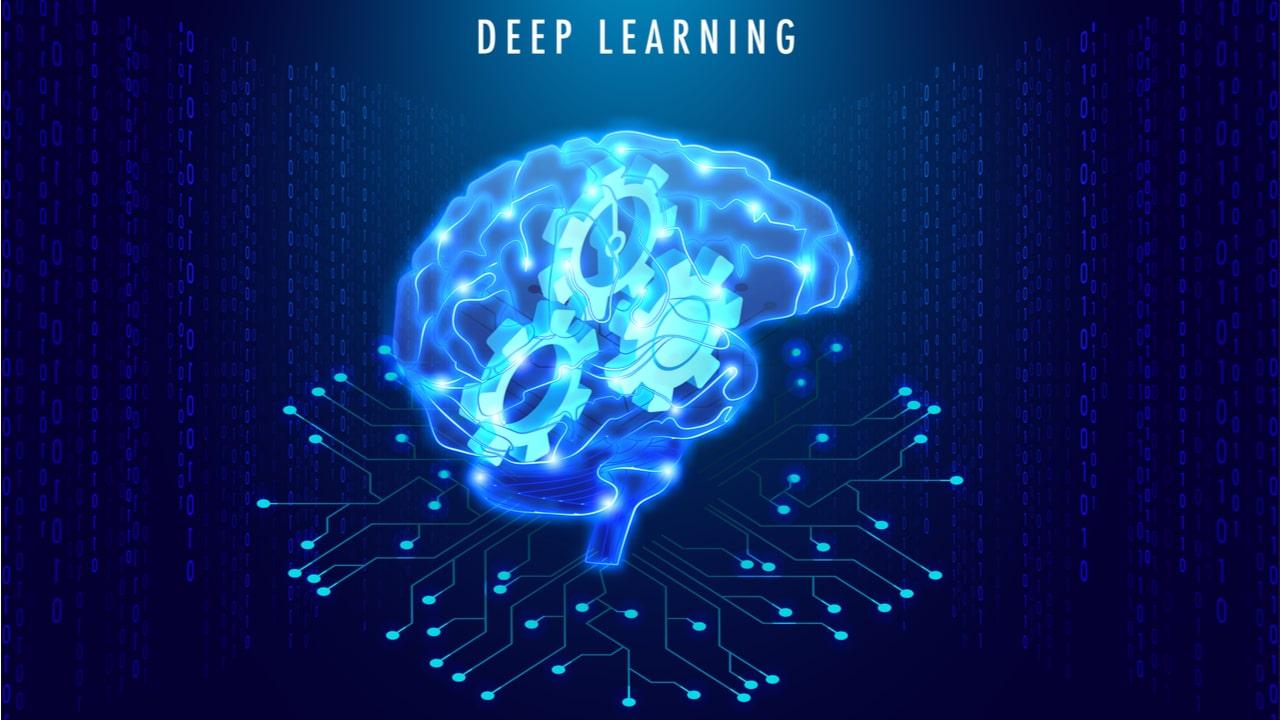In recent years, deep learning has emerged as a groundbreaking technology that is transforming the field of artificial intelligence (AI). This subset of machine learning, which employs neural networks to model and understand complex patterns in data, has led to remarkable advancements across numerous applications. From healthcare to autonomous driving, deep learning models are revolutionizing AI and shaping the future of technology. In this article, we will explore the fundamentals of deep learning, its benefits, practical applications, and real-world case studies that exemplify its impact.
What is Deep Learning?
Deep learning is a specialized branch of machine learning that utilizes neural networks with multiple layers, known as deep neural networks. These networks are designed to mimic the way the human brain processes information. By analyzing vast amounts of data, deep learning models can automatically identify patterns and make predictions with remarkable accuracy.
The Evolution of AI and Deep Learning
The journey of artificial intelligence can be traced back to the 1950s, and deep learning has emerged as a pivotal development in this timeline. Here are some key milestones:
-
- 1956: The term “artificial intelligence” was coined at a conference in Dartmouth.
-
- 1986: David Rumelhart, Geoffrey Hinton, and Ronald J. Williams introduced backpropagation for training neural networks.
-
- 2006: Geoffrey Hinton published a paper on deep belief networks, reigniting interest in deep learning.
-
- 2012: AlexNet, a convolutional neural network (CNN), won the ImageNet competition, showcasing deep learning’s potential in image classification.
-
- 2016: Deep learning models began outperforming traditional AI methods in various fields, leading to widespread adoption.
Benefits of Deep Learning Models
Deep learning offers a plethora of benefits that are revolutionizing AI:
| Benefit | Description |
|---|---|
| Improved Accuracy | Deep learning models achieve higher accuracy levels in tasks such as image recognition and natural language processing. |
| Feature Extraction | These models automatically learn relevant features from raw data, reducing the need for manual feature engineering. |
| Scalability | Deep learning can handle vast amounts of data, making it effective for big data applications. |
| Versatility | Deep learning models can be applied to various domains, from healthcare to finance and entertainment. |
Practical Applications of Deep Learning
Deep learning models are being integrated into various sectors, driving innovation and enhancing capabilities:
1. Healthcare
In healthcare, deep learning is revolutionizing diagnostics and treatment plans:
-
- Medical Imaging: Deep learning algorithms are used to analyze medical images for disease detection and diagnosis, such as identifying tumors in radiology scans.
-
- Predictive Analytics: Models predict patient outcomes and recommend personalized treatment plans based on historical data.
2. Autonomous Vehicles
Deep learning plays a crucial role in the development of self-driving cars:
-
- Computer Vision: Deep learning algorithms help vehicles recognize and interpret their surroundings, enabling safer navigation.
-
- Sensor Fusion: Models combine data from multiple sensors to provide real-time decision-making capabilities.
3. Natural Language Processing (NLP)
Deep learning has propelled advancements in NLP, facilitating:
-
- Chatbots: Enhanced conversational AI that can understand and respond to human queries effectively.
-
- Sentiment Analysis: Models analyze text data to gauge public sentiment on various topics.
4. Finance
In the financial sector, deep learning enhances:
-
- Fraud Detection: Algorithms identify fraudulent transactions by analyzing patterns in transaction data.
-
- Algorithmic Trading: Models forecast market trends and execute trades based on predictive analytics.
Case Studies of Deep Learning Impact
Here are some notable case studies that illustrate the transformative power of deep learning:
1. Google’s AlphaGo
DeepMind’s AlphaGo was the first AI program to defeat a world champion Go player. Using reinforcement learning and deep neural networks, AlphaGo learned from its own experiences, evolving its strategies and decision-making processes.
2. IBM Watson
IBM Watson utilizes deep learning to analyze massive datasets and provide insights across various industries, including healthcare, finance, and customer service. Watson’s capability to process natural language has revolutionized how businesses handle information.
3. NVIDIA’s Image Recognition
NVIDIA developed deep learning technologies that enable real-time image recognition for various applications, such as automotive safety systems and medical imaging. Their models have significantly improved accuracy and speed in processing visual data.
First-Hand Experience with Deep Learning
As a data scientist working on a deep learning project, I witnessed the transformational potential of these models firsthand. Our team worked on a predictive maintenance system for manufacturing, utilizing deep learning to analyze sensor data from machines. The results were astounding—our model could predict failures with over 90% accuracy, saving the company significant costs and reducing downtime. This experience underscored the versatility and power of deep learning in real-world applications.
Future of Deep Learning and AI
The future of deep learning and AI is bright, with continuous advancements on the horizon. Innovations such as:
-
- Explainable AI: Efforts to make deep learning models more interpretable will enhance trust and accountability.
-
- Transfer Learning: This technique allows models trained on one task to be adapted for another, improving efficiency.
-
- Generative Models: Research into models like GANs (Generative Adversarial Networks) will open new frontiers in creativity and content generation.
Conclusion
Deep learning models are indeed revolutionizing artificial intelligence, driving innovation, and transforming industries worldwide. With their ability to analyze complex data and improve decision-making processes, deep learning is paving the way for advancements that will reshape our future. As we continue to explore and develop these technologies, the possibilities are limitless. Embracing deep learning will be essential for businesses and individuals looking to stay relevant in an increasingly AI-driven world.

